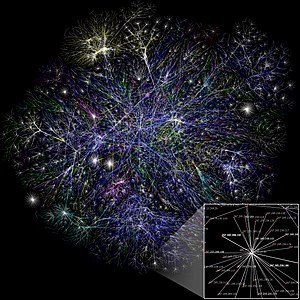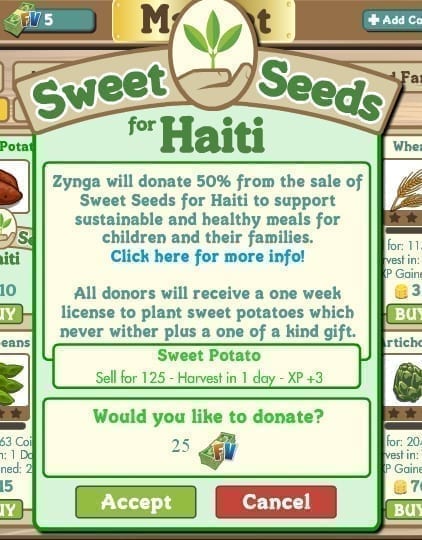
- Image via Wikipedia
My 2-year-old daughter surprised me recently with two words: “Daddy’s book.”
She was holding my Kindle electronic reader.
Here is a child only beginning to talk, revealing that the seeds of the next generation gap have already been planted. She has identified the Kindle as a substitute for words printed on physical pages. I own the device and am still not completely sold on the idea.
My daughter’s worldview and life will be shaped in very deliberate ways by technologies like the Kindle and the new magical high-tech gadgets coming out this year — Google’s Nexus One phone and Apple’s impending tablet among them. She’ll know nothing other than a world with digital books, Skype video chats with faraway relatives, and toddler-friendly video games on the iPhone. She’ll see the world a lot differently from her parents.
But these are also technology tools that children even 10 years older did not grow up with, and I’ve begun to think that my daughter’s generation will also be utterly unlike those that preceded it.
Researchers are exploring this notion too. They theorize that the ever-accelerating pace of technological change may be minting a series of mini-generation gaps, with each group of children uniquely influenced by the tech tools available in their formative stages of development.
“People two, three or four years apart are having completely different experiences with technology,” said Lee Rainie, director of the Pew Research Center’s Internet and American Life Project. “College students scratch their heads at what their high school siblings are doing, and they scratch their heads at their younger siblings. It has sped up generational differences.”
One obvious result is that younger generations are going to have some very peculiar and unique expectations about the world. My friend’s 3-year-old, for example, has become so accustomed to her father’s multitouch iPhone screen that she approaches laptops by swiping her fingers across the screen, expecting a reaction.
And after my 4-year-old niece received the very hot Zhou-Zhou pet hamster for Christmas, I pointed out that the toy was essentially a robot, with some basic obstacle avoidance skills. She replied matter-of-factly: “It’s not a robot. It’s a pet.”
These mini-generation gaps are most visible in the communication and entertainment choices made by different age groups. According to a survey last year by Pew, teenagers are more likely to send instant messages than slightly older 20-somethings (68 percent versus 59 percent) and to play online games (78 percent versus 50 percent).
Larry Rosen, a professor of psychology at California State University, Dominguez Hills, and the author of the coming “Rewired: Understanding the iGeneration and the Way They Learn,” has also drawn this distinction between what he calls the Net Generation, born in the 1980s, and the iGeneration, born in the ’90s and this decade.










